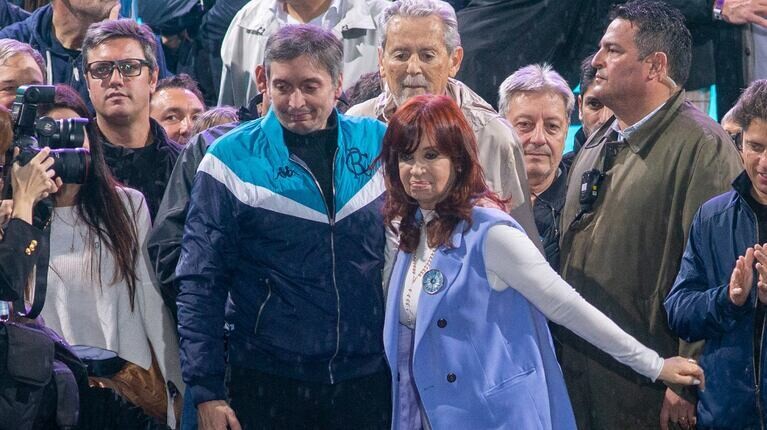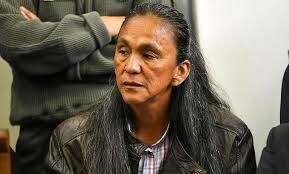
In the province of Buenos Aires, an intense power struggle is unfolding within the coalition Union for the Homeland (UxP), pitting the sector led by Governor Axel Kicillof against the space linked to La Cámpora and, by extension, to former President Cristina Fernández de Kirchner (CFK). This confrontation has reached a critical point in the Sixth Electoral Section, where 11 provincial deputy seats will be renewed in the upcoming elections.
According to reports, Governor Kicillof, through his group Movement Right to the Future (MDF), is resisting La Cámpora's attempts to impose candidates in this section, generating friction within the governing provincial coalition, which currently holds 37 seats in the Legislature. Political analysts warn that this exposed fracture, with the possible presentation of separate lists between Kicillof's supporters and the Kirchnerist/Camporist factions, could weaken Buenos Aires Peronism, regarded as a key stronghold, and benefit opposition forces.
The conflict centers on defining Peronist leadership in the most populous district of the country and its national projection towards 2027. This internal dispute extends to other districts such as Bahía Blanca, where tensions have been reported between factions aligned with Kirchnerism and Kicillofism, complicating the management of Mayor Federico Susbielles. Similarly, in the opposing spectrum of Bahía, movements are also observed, as various political actors prepare for the 2025 electoral contest with marked fragmentation and internal competition in almost all political spaces.
In this context, the opposition, including parties like Republican Proposal (PRO) and La Libertad Avanza, are attentive to the internal divisions within Peronism, assessing opportunities to increase their legislative presence in the province. This dynamic of internal confrontation also replicates at the municipal level, suggesting a complicated and polarized political scenario in the province of Buenos Aires.














